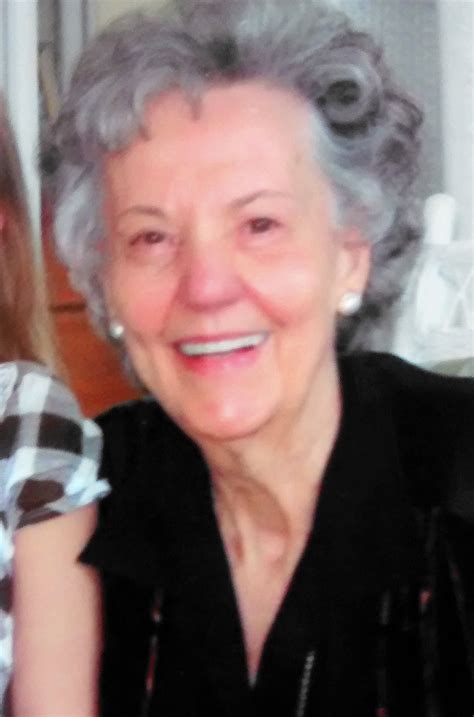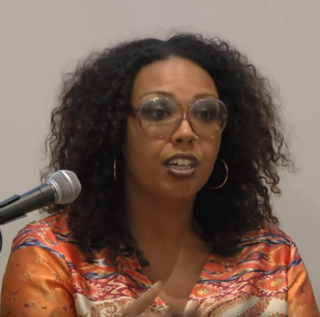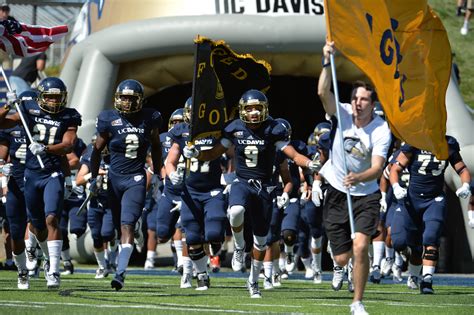A Quote by Audra McDonald
I've spent my whole career trying to stay out of any box that anyone could put me in. 'I'm going to do a play now.' 'Now I'll do a musical.' That was my instinct. So I don't feel boxed in. But 'African-American woman' is part of my identity. I don't want to relinquish that - especially as a mother, helping my daughter find her identity.
Related Quotes
I think our culture right now is a culture that's trying to find itself. They're trying to figure out what is it? Is it social media followers? Is it trying to be popular? Is it money? Is it fame? Is it power? They're searching for identity and so many of us have been there, and we'll get back to that place of what is our identity? Who are we? More importantly, whose are we? For me, I find my identity in a relationship with Christ.
The whole point is to take from our native culture and from contemporary culture without using one art form to mimic the other, so that our native identity remains the native identity, the contemporary identity remains the contemporary identity, and the mixing of these two musical identities creates a third musical identity.
What does it mean to be an American today? The question of that is always pointing at now. It allows someone to say what lens that will be through. A lot of my work has been about identity in different ways. Part of that for me falls into the question of gender identity certainly but also about what it means to be an American theater artist.
Right now, women's worth is being quantified by how they look and their Instagrams and likes. That's all so self-created, so why are we trying to add to that? It's hard enough to be a young woman, or man, growing up and trying to find your identity, rather than having a whole Internet of people weighing in on it. It makes me sad for those kids.
When I looked at 'Dear White People,' you have four African-American students who are all very different and who are trying to figure out who they are. They're dealing with identity issues and crises. That is exciting to me, to see African-American young people on a page, on a screen, who are so diverse and whose stories are all so different.
There's this little box that African-American actors have to work in, in the first place, and I was able to rise above that box. I could have done a bunch of movies where I stayed as the Axel Foley or Reggie Hammond persona. But I didn't want to be doing the same thing all the time. Every now and then, you crash and burn, but that's part of it.
When guys come over to date my daughter, I'm going to tell them, 'I want you to go out and have a very good time with my daughter. I want you to enjoy yourself and have her home on time. If you abuse her in any way, I'm going to kill your mother and father, cut your back open, pull out your spine, and leave you in a wheelchair so you can think about what you did for the rest of your life. Now, go out and have a good time!'
Theres this little box that African-American actors have to work in, in the first place, and I was able to rise above that box. I could have done a bunch of movies where I stayed as the Axel Foley or Reggie Hammond persona. But I didnt want to be doing the same thing all the time. Every now and then, you crash and burn, but thats part of it.


































